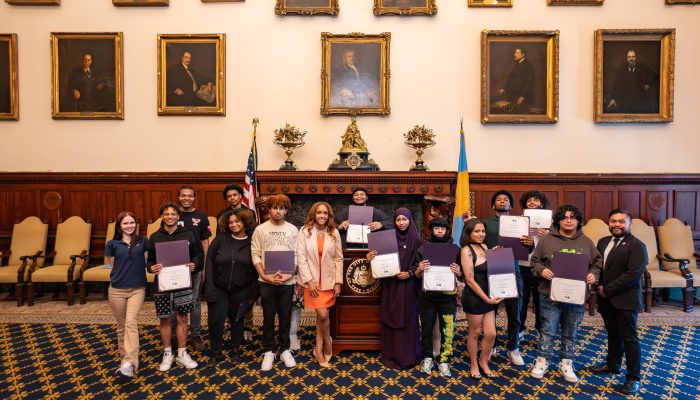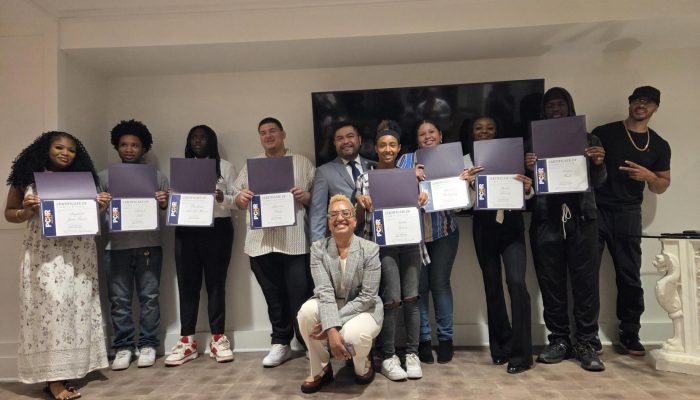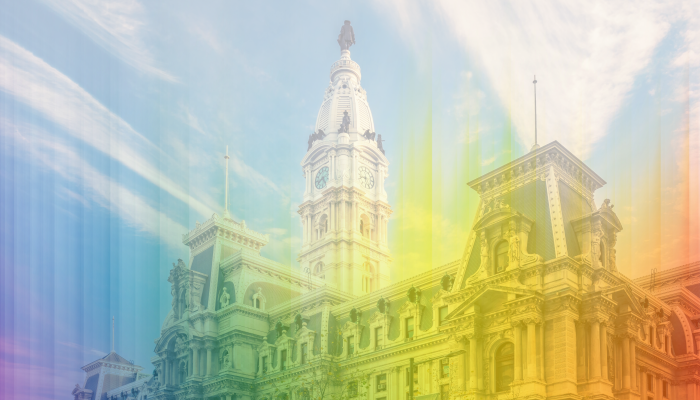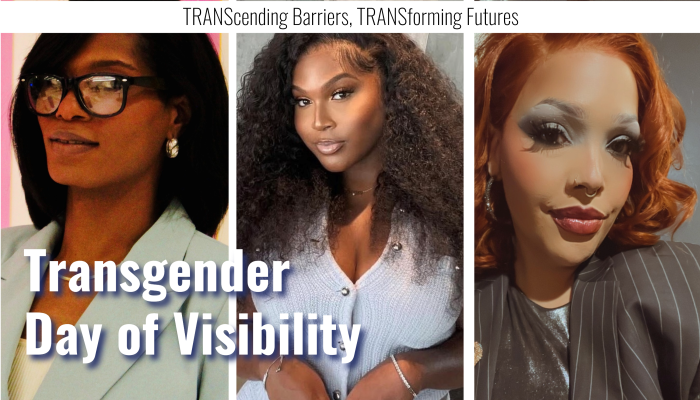The children are our future. This is the sentiment that Whitney Houston belted in her hit single The Greatest Love of All when she sang, “I believe the children are our future, teach them well and let them lead the way.”
Unfortunately, gun violence is prevalent in Philadelphia. The effects have impacted nearly every person in some way and it’s hard to escape the harsh realities when it leads nightly on news stations. The trauma of gun violence can ripple through the community, far beyond those who were shot or injured. The mental health effects in adults and young people can include anxiety, PTSD, and sleep problems. For children, teens, and young adults, this includes absenteeism in school, a decrease in school performance, and difficulty concentrating.
Gun violence does not affect all populations and communities in Philadelphia equally. Just over three-quarters of fatal shooting victims were Black, and about half were between the ages of 18 and 30. For these reasons, most experts agree that there needs to be a focus on teaching young people how to better resolve conflict. For these reasons, the Philadelphia Commission on Human Relations (PCHR) sought to expand its conflict resolution programming to further its outreach efforts to young people to help them identify positive responses to conflict in school and in their communities.
PCHR created a program that works with high-risk youth to develop skills to mediate conflicts that might otherwise turn violent. The program was a youth-focused prevention initiative that taught participants the skills needed to recognize and resist the pressures that lead to violent activities through a multi-pronged approach that allowed students to share ideas, interests, and concerns. It also prepared students to be ambassadors in school-wide activities, including social events, and their communities.
PCHR partnered with Temple University’s Youth Conflict Specialist program to ensure there was a strong foundational awareness of critical conflict resolution principles. It also partnered with PhillyCAM to create a comprehensive multi-media conflict resolution campaign specifically designed for youth engagement. With these key partnerships in place, we began the Youth Ambassador Program. For 4 weeks, 15 youth began undertaking the task of learning about conflict resolution, bias training, and their civil rights.
In addition to intensive programming, during the program, Youth Ambassadors attended a gun violence summit where they engaged with the City’s top law enforcement, created an anti-violence media project, and met with key community leaders, federal law enforcement partners, and other city leaders.
When asked about the impact of the program, Ambassador Tyvion Hamilton said, “I like that we’re heard. We [also] learn how to differentiate [between a] problem that isn’t going away [and a] problem you walk away from.” Tyvion added, “I’m able to help my friends de-escalate.”
With each session, the Youth Ambassadors’ curiosity and insightfulness grew. During our gun violence summit, Ambassador Dante Harrell asked what could be done to prevent the use of ghost guns. District Attorney Larry Krasner advocated that young people vote for elected officials who share their concerns and advocate for policy change.
This point was not lost on our Ambassadors who questioned why schools don’t do more to educate young people on the voting process. One of our Ambassadors lamented, “they put books in our hands, expect us to vote, but don’t teach us.” Well, PCHR is listening and will be incorporating suggestions like this into the curriculum of our future ambassador classes.
Our children will soon grow to be adults. They must have the tools to evoke change. With the completion of the Youth Ambassador Program, these young people are equipped to go into their schools and communities armed with knowledge to advocate for the change they want to see.
Visit here to view photos from the closing ceremony at City Hall.
View the PhillyCAM highlights video featuring the Ambassadors.
View the Impact Report on the program.




